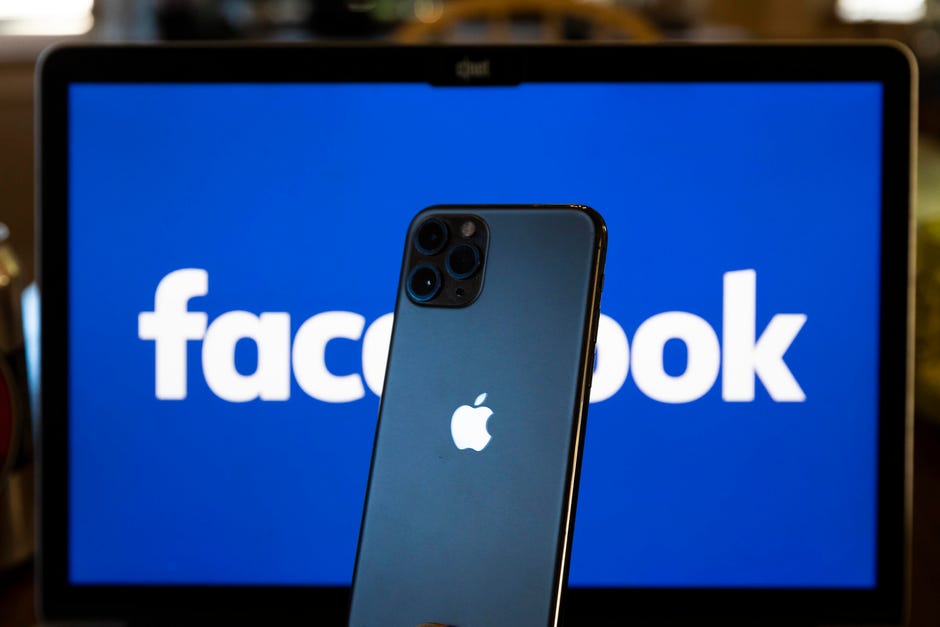Main Highlights:
- In its third-quarter earnings announcement this afternoon, Facebook stated that it is committed to achieving this long-term goal and plans to raise its investments over the next few years.
- The division, which already produces the Oculus Quest headgear and the Portal series of calling devices, is positioning itself as Facebook’s next big thing.
- The corporation fell short of revenue estimates by about $1 billion, highlighting some of the company’s current difficulties.
- Facebook believes that augmented and virtual reality will play a critical role in the future of online social interactions.
On its metaverse subsidiary, Facebook Reality Labs, which is tasked with developing augmented and virtual reality products, software, and content, aims to invest at least $10 billion in the company this year. The firm indicated today afternoon in its third-quarter earnings release that it is committed to bringing this long-term aim to fruition and that it expects to increase its investments over the following few years.
Facebook believes that augmented and virtual reality will be essential components of the next generation of online social interactions in the future. With the Oculus Quest headgear and the Portal series of calling gadgets already under its belt, the division is pushing itself as Facebook’s next big thing. For starters, Facebook CEO Mark Zuckerberg has been talking about the metaverse consistently for several months.
Today, the social media giant said that the Reality Labs segment would be reported separately from Facebook’s primary advertising business, which produced a whopping $28 billion in revenue in the most recent quarter alone. This proves to investors that the Reality Labs business is significant and should be valued on its own merits rather than how investors currently love Facebook. For some months, Facebook CEO Mark Zuckerberg has been talking about the metaverse.
It also appears to be a purposeful attempt to redirect attention away from what else is going on with Facebook’s earnings this morning. The company fell short of sales projections by around $1 billion (which is not a significant amount in the context of Facebook’s magnitude), revealing some of the company’s present difficulties. Facebook attributes this to various factors, including COVID-19, the economy, and Apple’s most recent upgrades to its ad monitoring system — all of which were on display last week when Snap released its earnings report.

Facebook’s concerns:
In April, Apple released an update to iOS that included a new privacy feature that requires users to opt-in before tracking their movements across multiple apps and websites. When social media businesses first expressed concern about the impact on their advertising operations, which rely on monitoring in part to assess the success of adverts, they were characterized as “uncertain.”
Facebook has had a terrible couple of weeks financially. Several stories in The Wall Street Journal detailed significant missteps by the company, including moderation issues and concerns about the mental health of younger users; the whistleblower who leaked those documents then testified before Congress; and just this morning, a consortium of news outlets, including The Appedus, published dozens of stories detailing additional problems with Facebook, including concerns about declining teen usage. As a bonus, Facebook’s apps were offline for a considerable amount of one day in early October, during the midst of all of this.
The stolen documents, according to Mark Zuckerberg, who spoke on a conference call with investors on Monday, were part of a concerted effort to “paint an unfavorable picture” of the company’s business processes. In his following conversation, he discussed Facebook’s efforts to recruit young people and the construction of the metaverse, which supported the view that the corporation wants to go in a new direction where it might avoid some negative criticism.



















